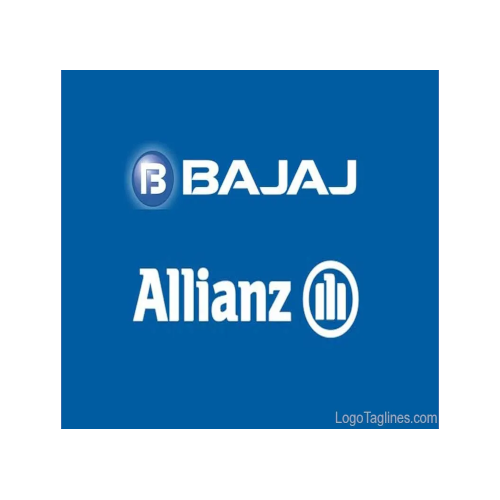Directors and Officers
(D&O) Insurance
Starts Rs. 20,000 Get Rs 3 Crore cover
What is Directors and Officers (D&O) Insurance?
D&O Insurance safeguards company directors and officers from personal financial liability in case of lawsuits arising from their official duties. It covers legal defense costs and potential settlements, acting as a safety net for personal assets. This protection boosts their confidence, attracts top talent, and ensures effective leadership.
What are the Benefits of Directors and Officers (D&O) insurance?
Protects Directors and Officers
D&O Insurance keeps the personal money and belongings of directors and officers safe if they get sued for something they did while doing their job.
Deals with Lawsuits
It helps pay for legal expenses and any money the directors or officers have to pay if they lose a lawsuit.
Attracts and Keeps Good Leaders
Offering D&O Insurance makes it more appealing for talented people to become directors or officers because they know they won't have to risk their own money if something goes wrong.
Protects Shareholders
D&O Insurance indirectly benefits shareholders by making sure the directors and officers can do their job without worrying about losing their personal money. This helps them make decisions in the best interest of the shareholders.
Follows Rules
D&O Insurance is often required by laws and rules that companies have to follow. It shows that the company is taking steps to manage risks and protect its leaders.
Covers Different Problems
D&O Insurance pays for many types of legal claims, like accusations of mismanagement, not doing their job properly, or breaking laws related to the company's stocks. It helps with the costs of dealing with these problems.
Keeps the Company Stable
Lawsuits against directors and officers can cost a lot of money and hurt the company's stability. D&O Insurance helps with the expenses, so the company can keep running smoothly.
Note: Remember that the specific coverage details may vary depending on the insurance provider. It’s advisable to review the policy documents for precise information about coverage.
Contact us today for Assistance
What is Usually NOT Covered in Directors and Officers (D&O) insurance?
1. Intentional wrongdoing or fraud may not be covered.
2. Claims related to bodily injury or property damage are generally not covered.
3. Coverage may not apply to claims that existed before the policy was effective or were already known by the insured.
4. Certain types of contractual liability may be excluded.
5. Employment practices claims may have limited coverage or be excluded.
6. Property damage or financial losses suffered by the company may not be covered.
7. Fines, penalties, or known violations of laws or regulations may be excluded from coverage.
Note: Remember that the specific coverage details may vary depending on the insurance provider. It’s advisable to review the policy documents for precise information about coverage.
Our Insurance Partners





